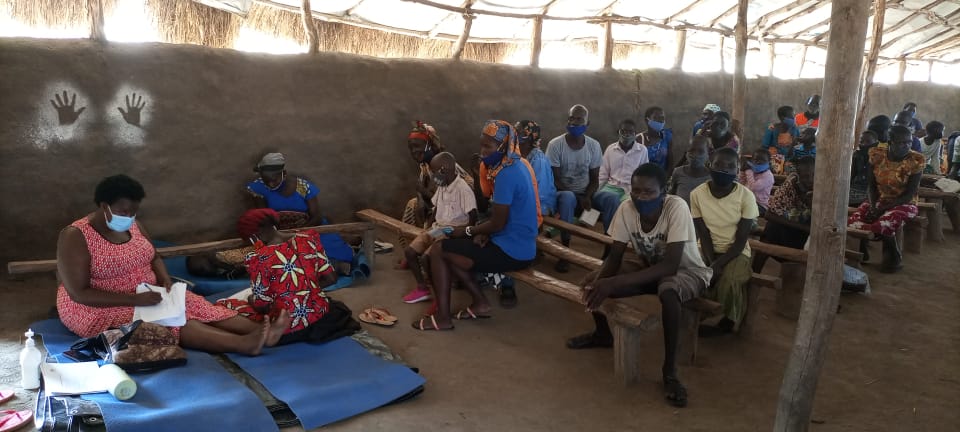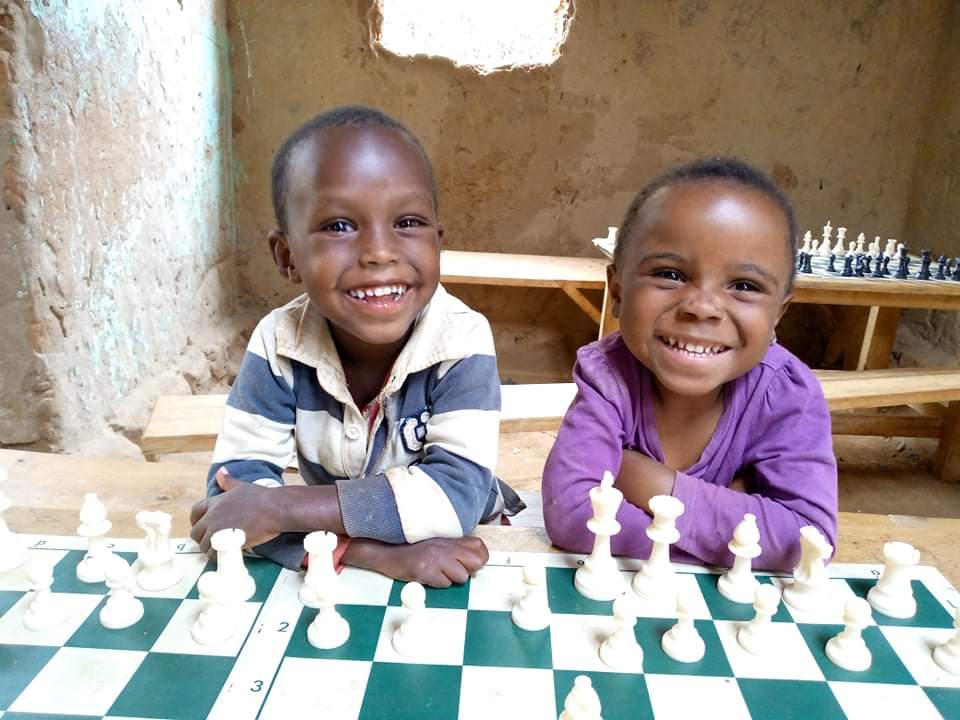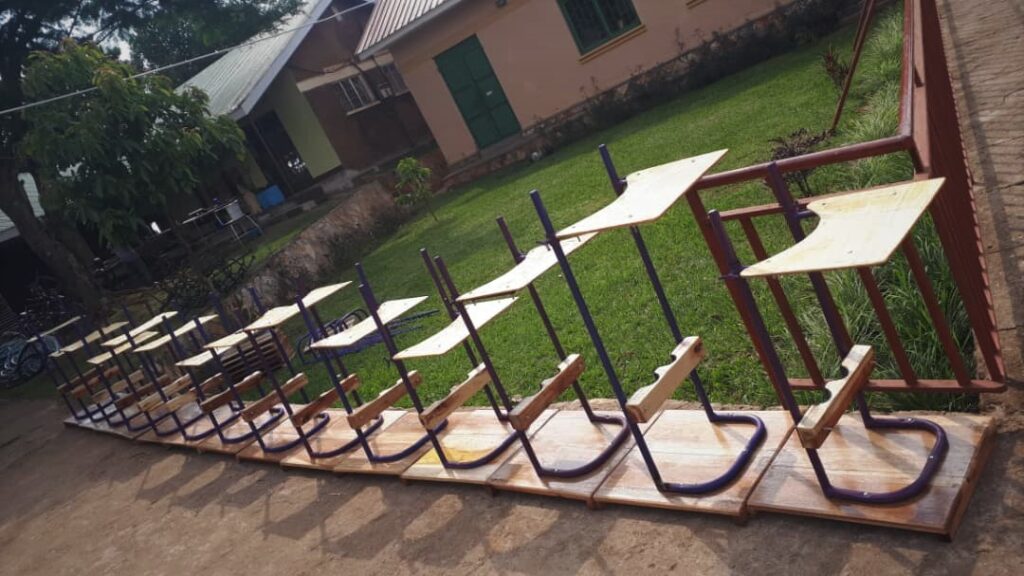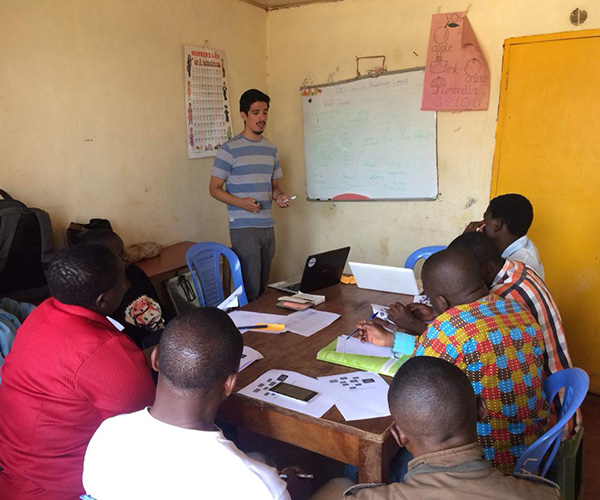Last week, I travelled to our base in Imvepi Refugee Settlement in northern Uganda to deliver community trainings that are focused around supporting children with cerebral palsy and autism. Imvepi Refugee Settlement is one of the newest refugee settlements in Uganda and was established in 2017 in response to an influx of asylum seekers who crossed the border into Uganda to flee the ongoing war in South Sudan. It is home to 90,000 refugees. Xavier Project has been working in the settlement since 2017.
The project that we are delivering in partnership with Comic Relief supports the training of parents, teachers and community groups in three locations across Uganda – Kampala, Rwamwanja Refugee Settlement and Imvepi Refugee Settlement. This is a continuation of the All-in-all learning programme we have been implementing since 2019 which primarily seeks to improve access to education and inclusion for young people with Cerebral palsy and Autism.
The community-led organisations that we partner with are leading the outreach and delivery of the sensitisation programmes.They are best placed to deliver this work and continue strengthening their communities ability to support these often marginalised young people.
Our project with Comic Relief is really important to the community. After training the parents in Cerebral palsy and Autism, their faces were filled with joy. The response I got after engaging them was, “our hope has been restored. We didn’t know the condition of our children could be improved”. One of the parents composed a song just to appreciate the team for training them. When the physiotherapist was exercising with the children, I would hold their hands and immediately they would open their eyes and tighten the hand grip. It was an emotional experience and I felt really connected to them and proud to be part of this work.
Each day I woke up excited knowing that we were supporting more children and families. And although I couldn’t communicate with them in words due to the language barrier, as our community volunteers delivered the training I could still connect with the families through smiles and positive hand signals. Young refugees who have Cerebral palsy and Autism are often forgotten in already marginalised communities. Ensuring that communities, and especially parents, know how to support their needs gives them a better chance of living a fulfilled life.




